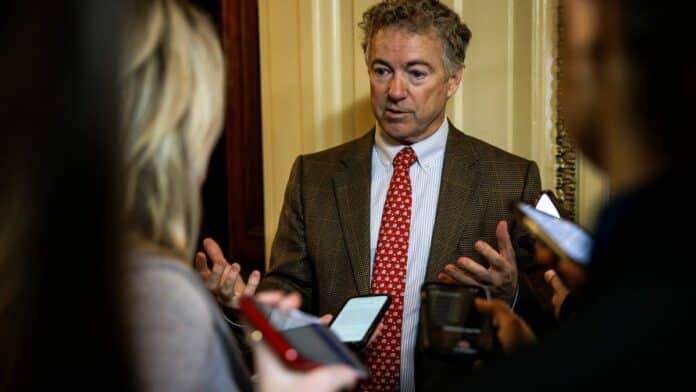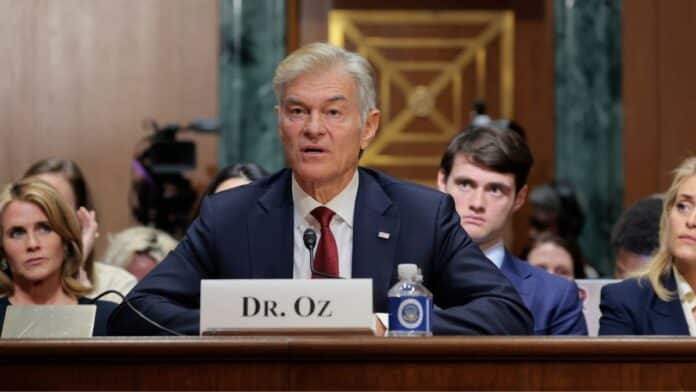Texas Attorney General Ken Paxton filed a lawsuit against the Galveston Independent School District after its school board refused to display the Ten Commandments in classrooms, violating state law.
Texas State Senator Mayes Middleton provided displays of the Ten Commandments to the school district after the law took effect on September 1. “Upon receipt of the donation from Sen. Middleton, Galveston ISD was required to display the Ten Commandments in the public schools which they administer. Despite knowing they were now legally required to display the Ten Commandments in all classrooms, the Trustees of Galveston ISD voted on October 22, 2025, to flout S.B. 10 and refused, and continue to refuse, to display the Ten Commandments in accordance with State law,” the lawsuit says.
“America is a Christian nation, and it is imperative that we display the very values and timeless truths that have historically guided the success of our country,” Paxton said in a statement. “By refusing to follow the law, Galveston ISD chose to both blatantly ignore the Legislature and also ignore the legal and moral heritage of our nation.”
“There is no valid legal basis to prevent Texas schools from honoring a foundational framework of our laws,” he added, “especially under the misconception that a ‘separation of church and state’ phrase appears in the Constitution. It does not.”
In October, Paxton issued a formal legal advisory on the implementation of the Ten Commandments law, directing school districts to comply with Senate Bill 10, noting that eleven districts have chosen to challenge the law.
“A federal judge in San Antonio has temporarily halted SB 10’s enforceability only in the eleven districts that are parties to the litigation. All other school districts in Texas are currently required to display the Ten Commandments in classrooms in accordance with state law,” the advisory says.












